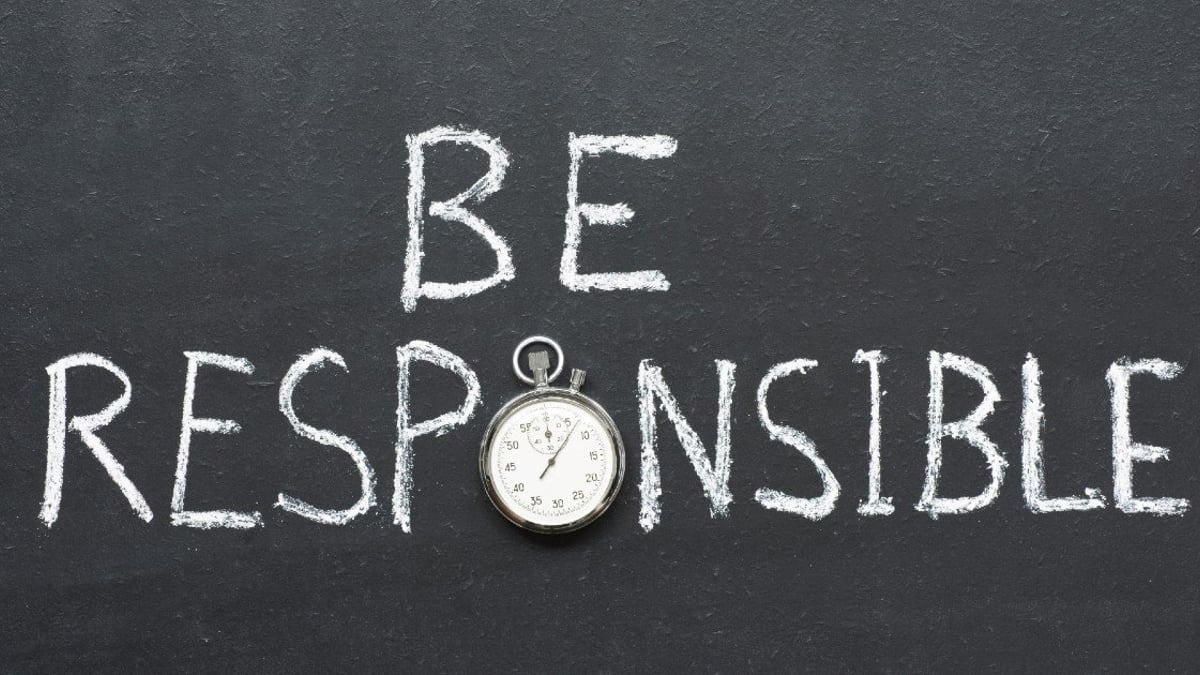NCPG Report Highlights Responsible Gambling Shortcomings

A report commissioned by the National Council on Problem Gambling analyzed the responsible gaming policies of the seven online casino — online poker states. The report, conducted by VIXIO GamblingCompliance, juxtaposed state-mandated policies with the NCPG Internet Responsible Gambling Standards.
The report examined 60 specific policy points and whether they are expressly covered in a state’s laws or regulations. The report doesn’t factor in non-public regulatory guidelines or the internal policies of individual operators.
Here’s a look at how each state fared:
Per a press release by the NCPG:
iGaming regulations in Delaware, Michigan, Nevada and West Virginia do not mandate operators provide players with sufficient responsible gambling protections. Regulations from Connecticut, New Jersey and Pennsylvania met a majority of the standards outlined in the IRGS, but still fall short of meeting the full list. IRGS sets the standard for consumers to ensure whichever operator they choose; they can be confident that the platform has the responsible gambling tools necessary to assist in playing safely.
It’s important to reiterate that each locale sets the minimum standards. Operators can and do go above and beyond these minimums.
The First-Mover States vs. the Second Wave
The first thing that jumps off the page is a noticeable disparity between the three online casino states that launched in 2013 and the four states that launched between 2019-21.
The three first-mover states average 34.3:
- Nevada = 28 (launched in April 2013)
- Delaware = 29 (launched in October 2013)
- New Jersey = 46 (launched in November 2013)
The four second-wave states average 39.5:
- Pennsylvania = 46 (launched July 2019)
- Michigan = 36 (launched January 2021)
- West Virginia = 30 (launched February 2021)
- Connecticut = 46 (launched October 2021)
The higher average among the second-wave states indicates they are learning from their predecessors and building upon the policies of their peers. The industry is maturing, and so are lawmakers and regulators.
Further, the discrepancy would be much worse if New Jersey didn’t constantly update its regulations. The Garden State’s tied-for-first total of 46 bails out 28- and 29-point scores of Nevada and Delaware. Similarly, West Virginia’s lowly score of 30 pulls down the average of the second-wave states.
Average scores excluding New Jersey and West Virginia:
- First-mover states average 28.5
- Second-wave states average 42.7
A Good First Step
The report is much needed and an excellent launchpad for deeper discussions around minimum standards and best practices.
The report notes one of its shortcomings: it doesn’t consider self-regulation – internal operator policies.
Hypothetically, an operator could hold a quarterly, multi-day training, but because they are not mandated by law or regulation, there is no credit. Similarly, an operator could have employees watch a 20-minute video in a state with a mandate. In that scenario, the wrong market is getting credit.
In addition to its self-reported shortcomings, there are three areas where the NCPG could fine-tune future reports:
- It infers that each policy is equal (they are not)
- It presupposes that every policy listed is proven to be helpful (the jury is still out on some)
- Some of the guidelines are subjective
Some Policies are More Important
Not every responsible gaming policy should be given the same priority, but they are in the report.
Some of the guidelines are a bit redundant, with self-exclusion having nine subcategories.
Does This Even Work?
After years of lip service, the RG/PG space is now getting the attention it deserves. The new awareness and additional funding have led to research and ideas, but the space is clearly in an experimentation stage and trying to figure out what works.
Some policies make complete sense and are noncontroversial. For other policies, well, the jury is still out. One example is the debate over opt-in or opt-out for in-site RG tools. There are good arguments for both sides, and there isn’t enough data to prove one is superior to the other.
Remove the Subjectivity
When looking for data and metrics, there is a need to remove subjectivity. Several policies the NCPG is tracking are quite subjective and will vary from person to person:
- Operator To Have Clearly Articulated Commitment To Responsible Advertising
- Site Avoids Reinforcing Myths
- Terms And Conditions Provided To Players In Clear And Simple Language
What is a clearly articulated commitment to responsible advertising? And for that matter, what is responsible advertising? What myths are we talking about, and what does reinforcing myths mean? What constitutes clear and simple language?
I’d like to see the subjectivity removed in favor of clear benchmarks.
Upshot
The NCPG comparison should be an eye-opener. Several states need an RG overhaul, and every state should coordinate to set minimum standards.
That said, without tracking the efficacy of these policies, states, and operators are simply ticking off items on a checklist.
Be first to get our exclusive offers!
Join today to stay up to date on your states gambling news and offers.









